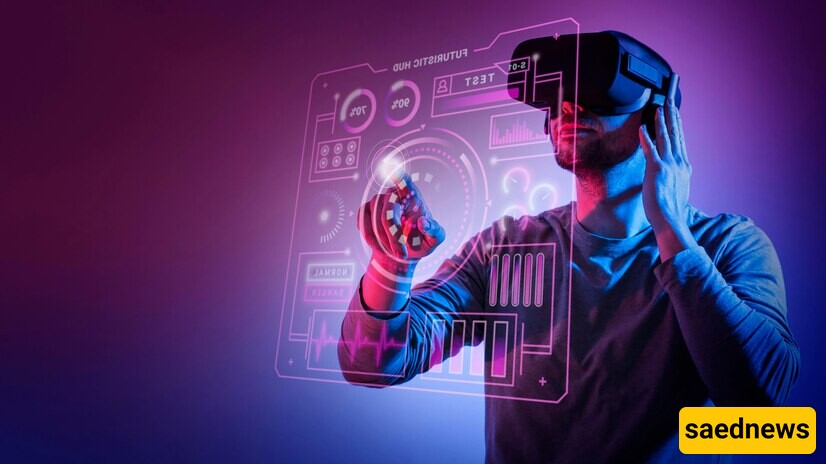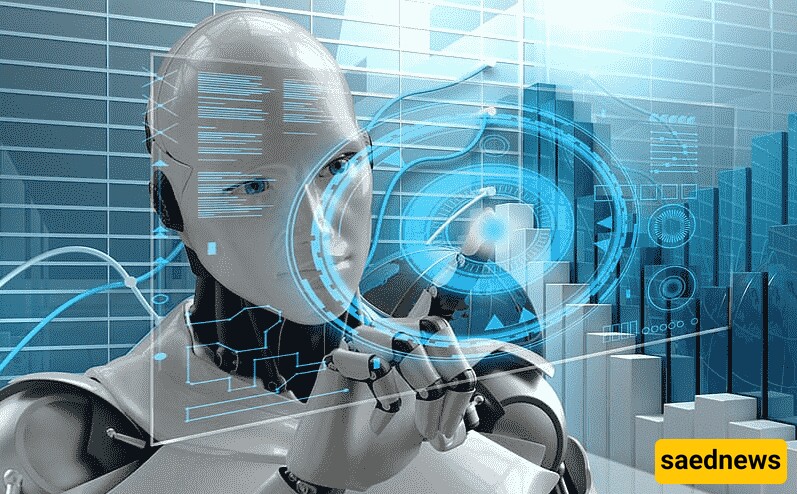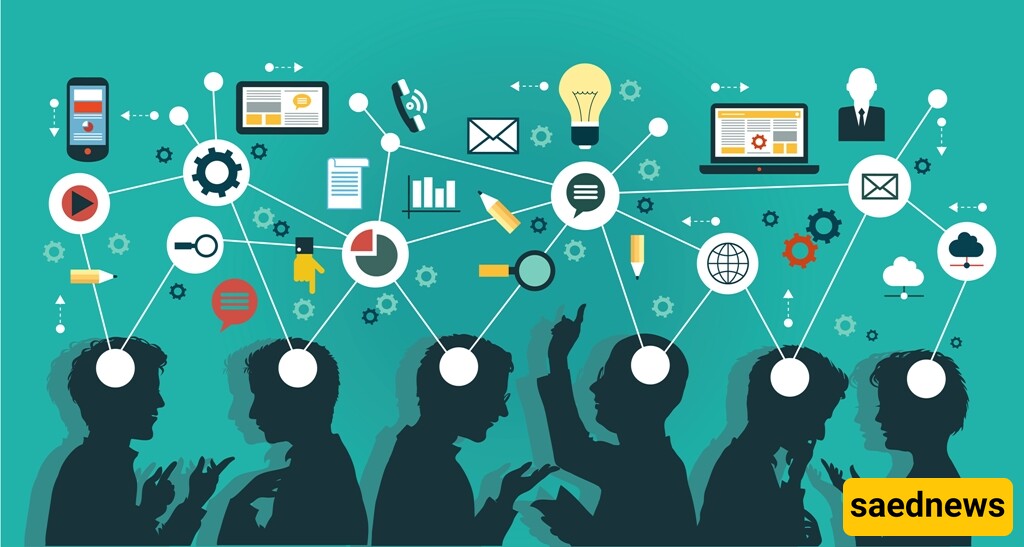SAEDNEWS: As technology advances, questions arise about its impact on human effort in the workplace. This article examines how automation, AI, and digital transformation influence our roles and the value of personal contribution.

According to SAEDNEWS, in a world driven by rapid technological advancements, industries and everyday life are being reshaped. From AI to automation, technology has brought unprecedented speed and efficiency, but there’s a growing concern: Is technology on the verge of replacing human effort and diminishing the value of personal contribution?
Automation and AI are at the core of today’s tech growth, transforming industries like manufacturing, finance, and healthcare. Machines now perform repetitive tasks with precision, often faster than humans. While this drives efficiency, it also reduces the need for manual work in certain fields, raising questions about the future of human involvement.
However, automation doesn’t always mean replacement. Many roles evolve, with people moving into tasks that require creativity, critical thinking, and emotional intelligence—areas where machines currently fall short. The ongoing challenge is whether this shift preserves the significance of human input.

Digital transformation has optimized processes across sectors. Through data analysis, software solutions, and cloud services, companies improve decision-making and customer satisfaction. Yet, as digital systems take on tasks that people once managed, some may feel their role is less impactful, affecting job engagement and fulfillment.
In workplaces where technology takes over repetitive tasks, it's essential to consider how roles can shift to maintain a sense of purpose and value. As digital tools become more capable, finding a balance between efficiency and meaningful human contribution is key.
Even with all the advances in technology, certain qualities remain distinctly human, like creativity, empathy, and adaptability. While machines handle many processes efficiently, they lack the emotional understanding and contextual awareness that humans bring to areas like counseling, leadership, and design.
Human traits such as imagination and empathy are critical, and many argue that technology should amplify, rather than overshadow, these abilities. By handling routine work, technology can allow people to focus more on areas where personal insight and creativity are essential.
As technology progresses, job skills are shifting, and educational institutions are adjusting to prioritize digital literacy, critical thinking, and data analysis. This adaptation helps future generations stay relevant in a tech-centric world.
However, skill development goes beyond technical expertise; it also involves enhancing soft skills, such as interpersonal communication and creative thinking. These uniquely human abilities remain essential, and prioritizing them helps ensure that people continue to play a key role alongside advancing technology.

The real question isn’t about technology replacing human effort entirely; it’s about using technology to complement human abilities. By viewing technology as a tool that amplifies our capabilities, organizations can make sure that innovation supports their workforce and doesn’t diminish it.
Embracing Technology and Valuing Human Effort
As technology continues to develop, its role will grow, but human skills are just as important. Machines may handle tasks faster, but they lack the creativity, empathy, and adaptability that define human potential. The future depends on finding harmony between tech and human input, allowing each to strengthen the other. This approach ensures that progress continues without losing the unique contributions that humans bring.

